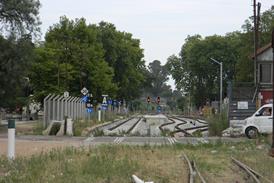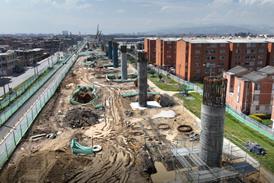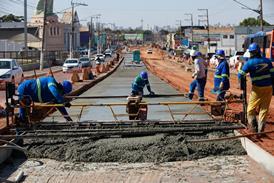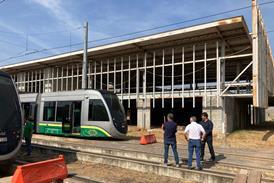STRIKE action by France’s railway unions on January 21 threw into sharp focus the long-running debate over who controls what happens on the national network. While the dispute is ostensibly about the paucity of this year’s 1% pay rise, it is also a protest against government plans to introduce minimum service levels.
On January 7 President Jacques Chirac called for a guaranteed minimum level of public transport service to be established by mid-year. He suggested that agreement should be reached by negotiation with the unions, but if this failed, he expected to see legislation to enforce the proposal.
Ensuring that passengers can count on at least some rail, tram or bus services running during strikes has long been a tenet of the present government’s policy. Last year research was carried out to determine what happened elsewhere in Europe, and Transport Minister Gilles de Robien told the Europe 1 radio station on January 21 that ’all our fellow citizens are waiting for this reform’. De Robien has indicated that draft legislation could be introduced in March with a view to a Parliamentary vote being held in June.
An agreement between RATP in Paris and its staff that has seen a sharp reduction in strikes over the last eight years is seen as a model for SNCF and possibly other operators. Whether Louis Gallois and his team are able to negotiate this is by no means certain, and the unions no doubt fear a situation where the government would also seek to dismantle their cherished employment conditions.
According to documents leaked last month ahead of a board meeting on January 28, SNCF is budgeting for a loss of €91m this year. Around 3500 job losses are expected, mainly through natural wastage.




















